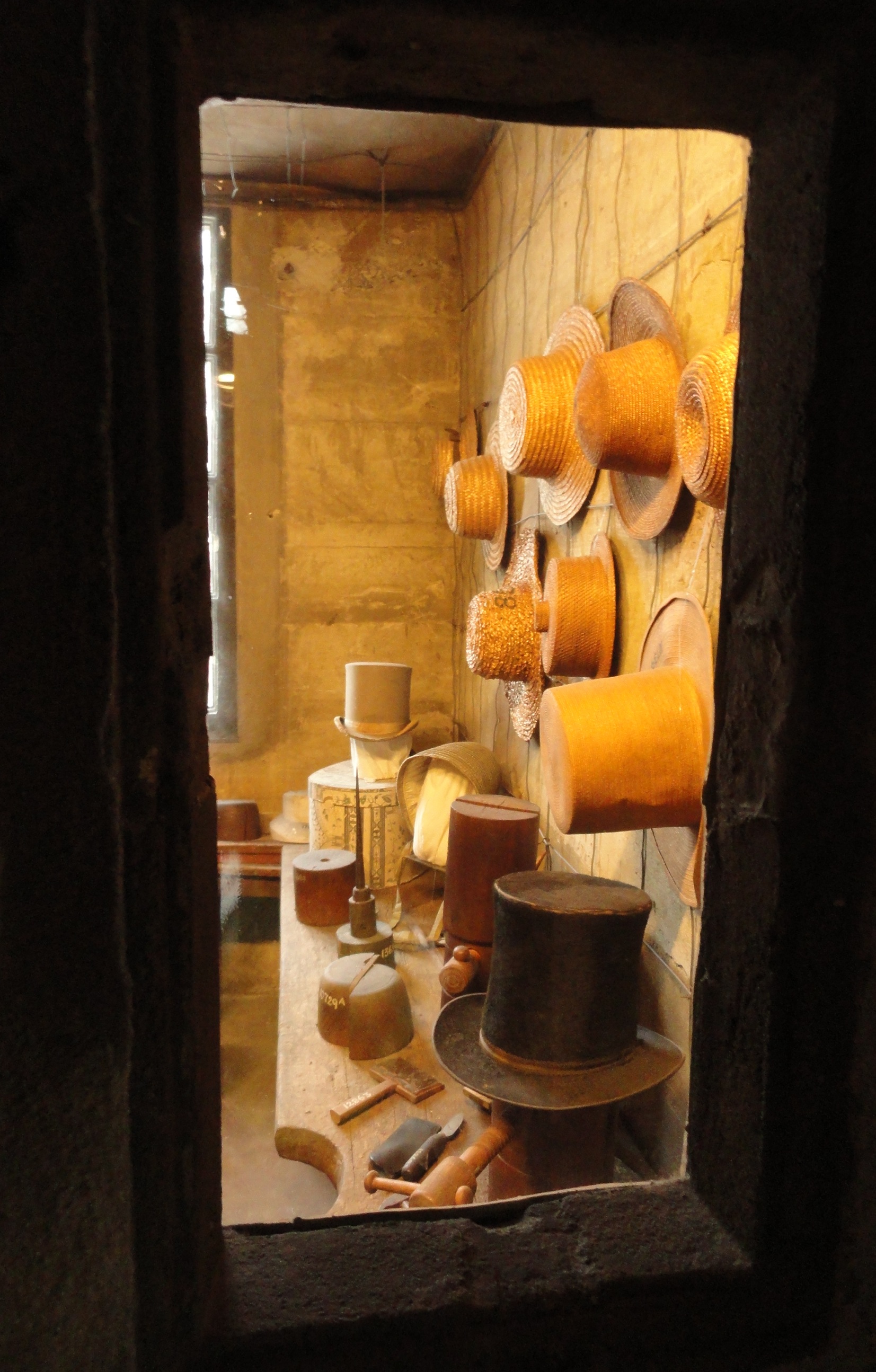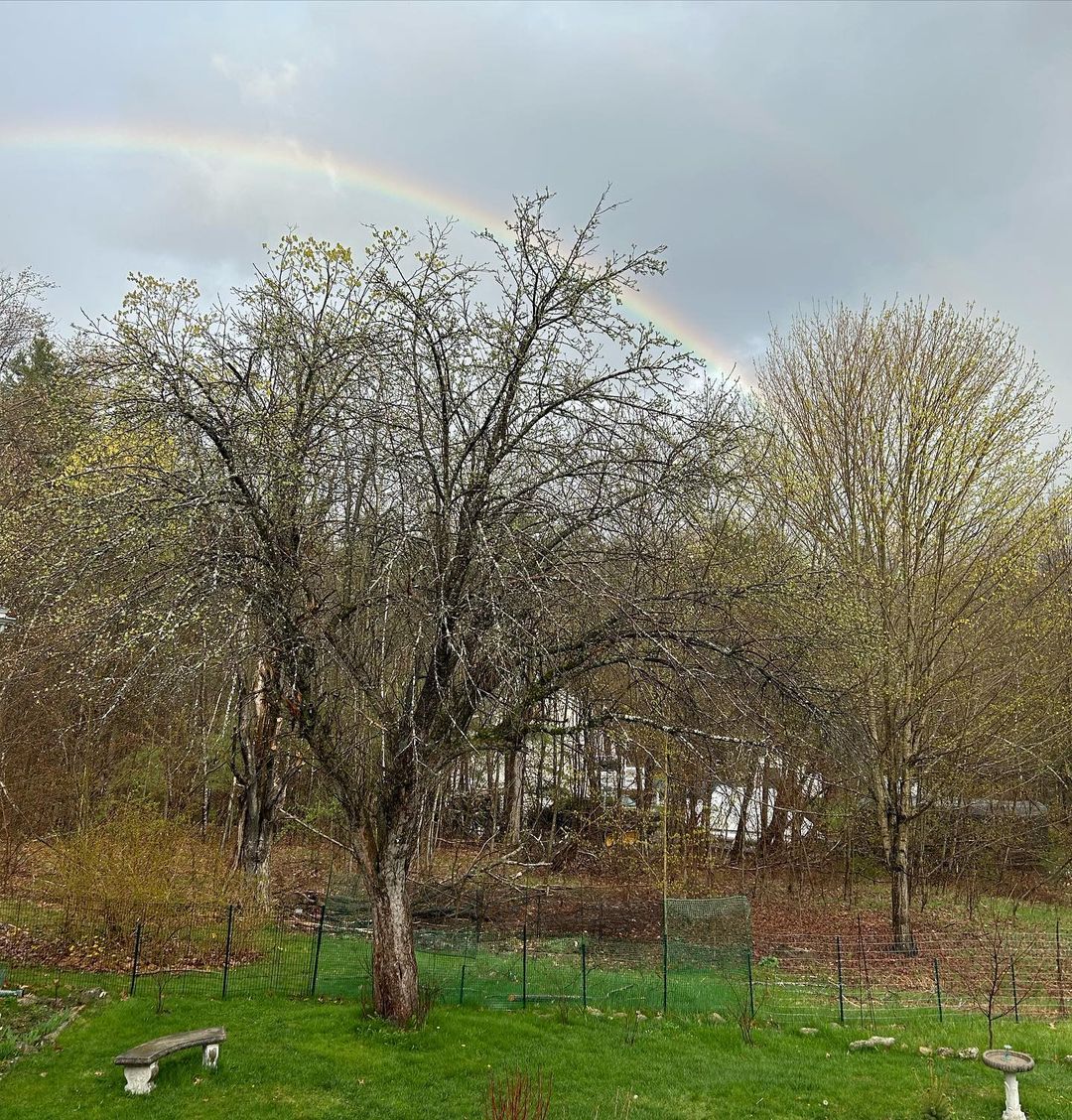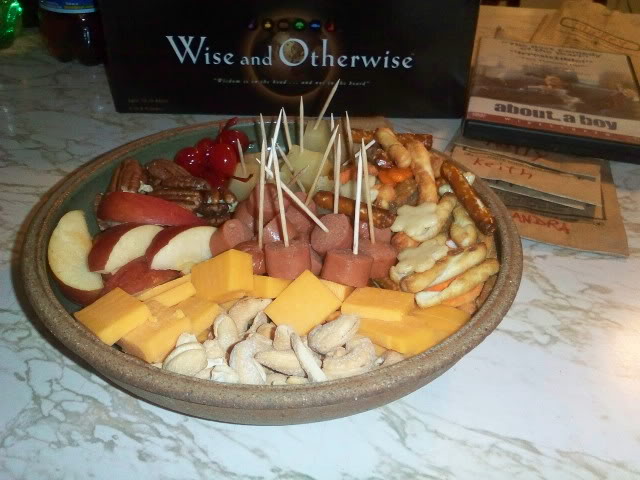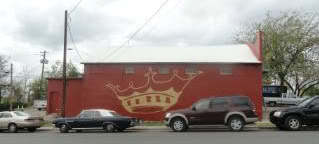
These hats are in a museum in Pennsylvania, in a reproduction milliner's shop.
Recently
Just Add Light had a quote and link to something by Pam Sorooshian about whether one should be a child's friend, or parent. Pam knows one should be both, and explained that elegantly.
I was with a group of home ed families in France, some unschoolers, others in the various stages of consideration of unschooling, and someone asked to to tell how I am as a woman. Bea Mantovani was the translator, and said the question didn't really translate. The questioner tried to clarify. She said I had spoken of my husband, and of being a mother, but how was I as a woman, separate from that?
I remember my confusion better than my response. One thing I said was that I AM a mother.
I suspected, and it was later confirmed, that it was a socio-political question, a feminist concept about identity above and beyond motherhood. But the question sets motherhood in a low position, if only the brightest and the best exist apart from and outside of that, and if to have no answer made me unaware or less whole.
For one thing, though, I was in France speaking to people because I had been invited to do so. I've written thousands of thousands of words about parenting and how children can exist in a peaceful world of easy growth in all directions.
I'm a changing-the-world woman. But even that didn't answer the question, because it still was an extension of mothering, which I had explained had involved sharing and modeling since I nursed babies at La Leche League meetings.
I would most like to be known as a woman of integrity, and for that to be true, I can't deny or reject any aspect of my being. I can't divide myself into parts and still be one integral whole. Any hat I might put on is still on my own head.
SandraDodd.com/integrity
Affection and Esteem (from this blog, June 6, 2012)
photo by Sandra Dodd



















